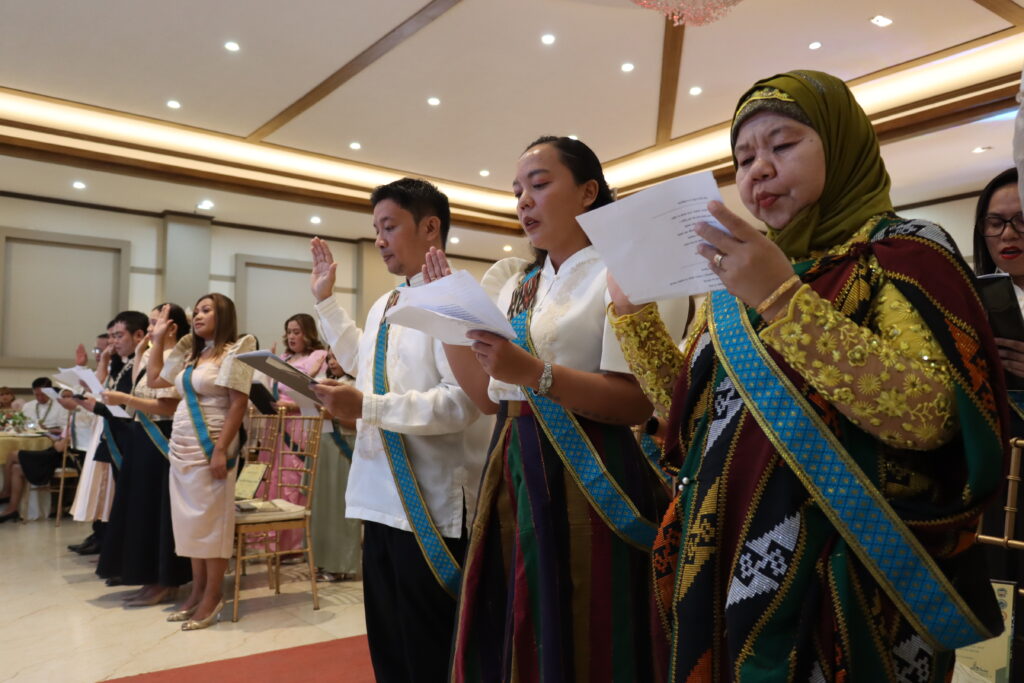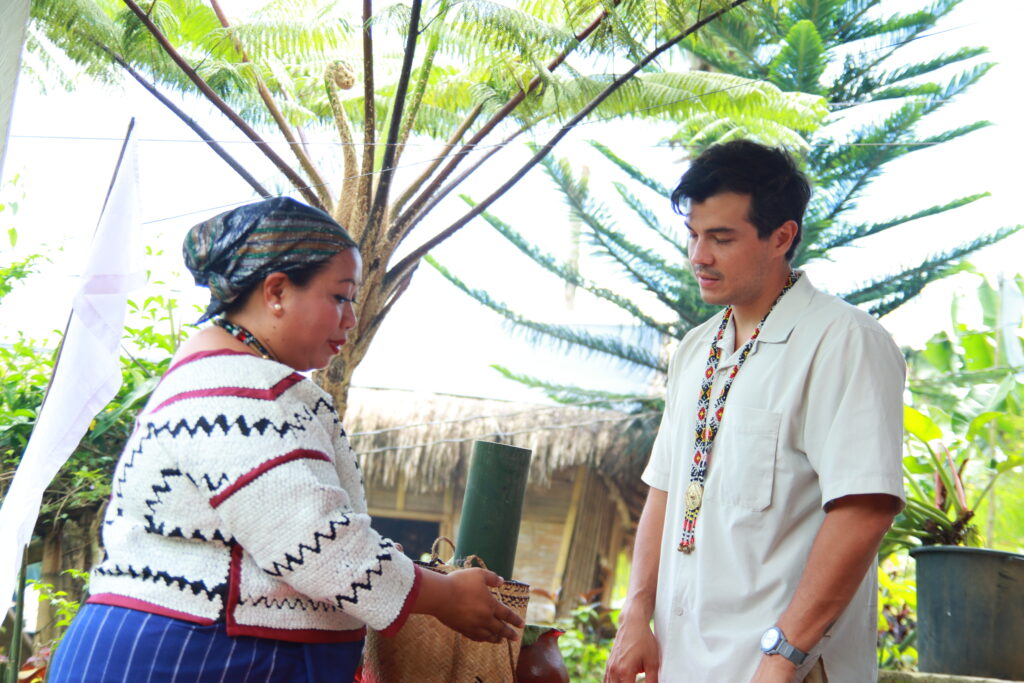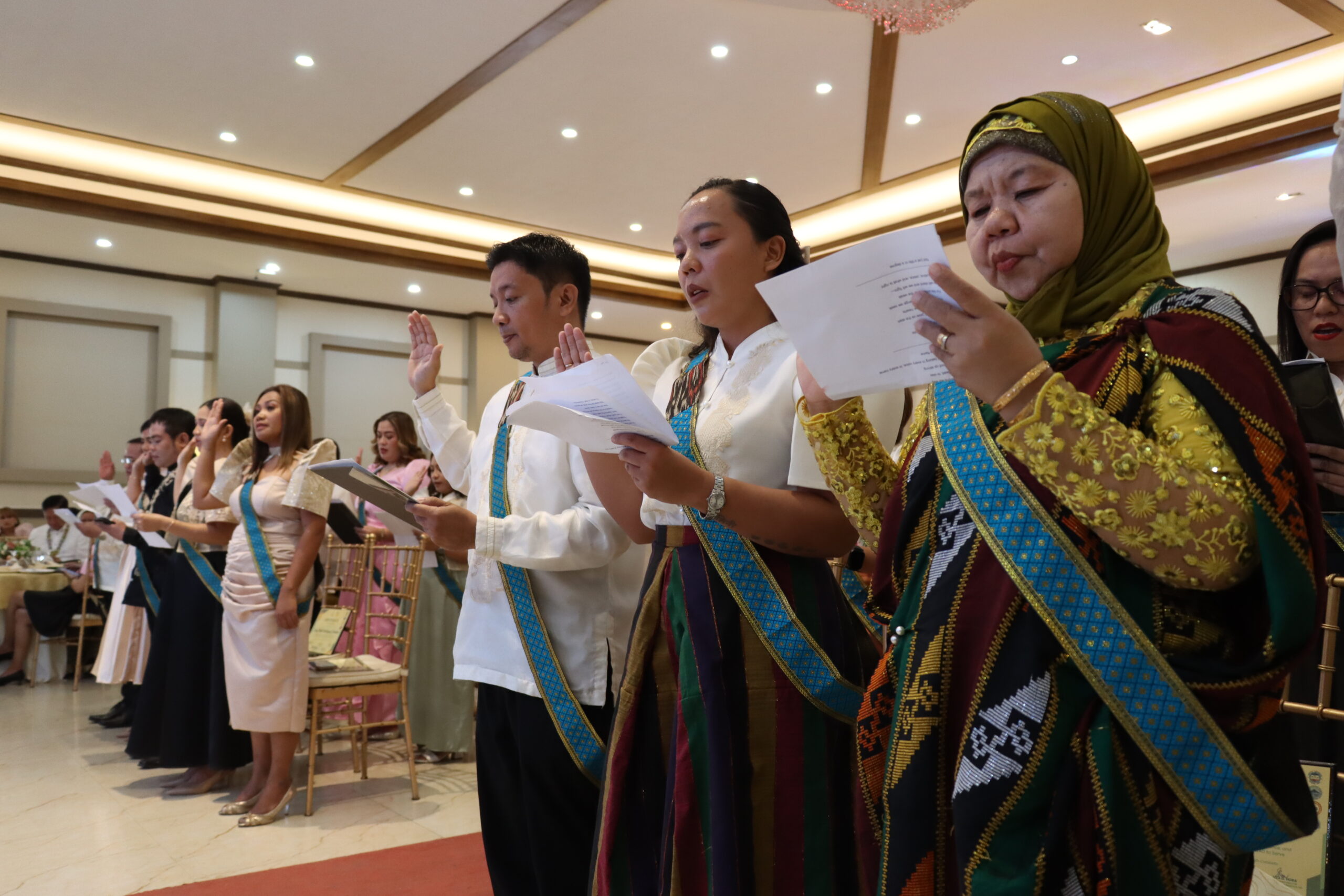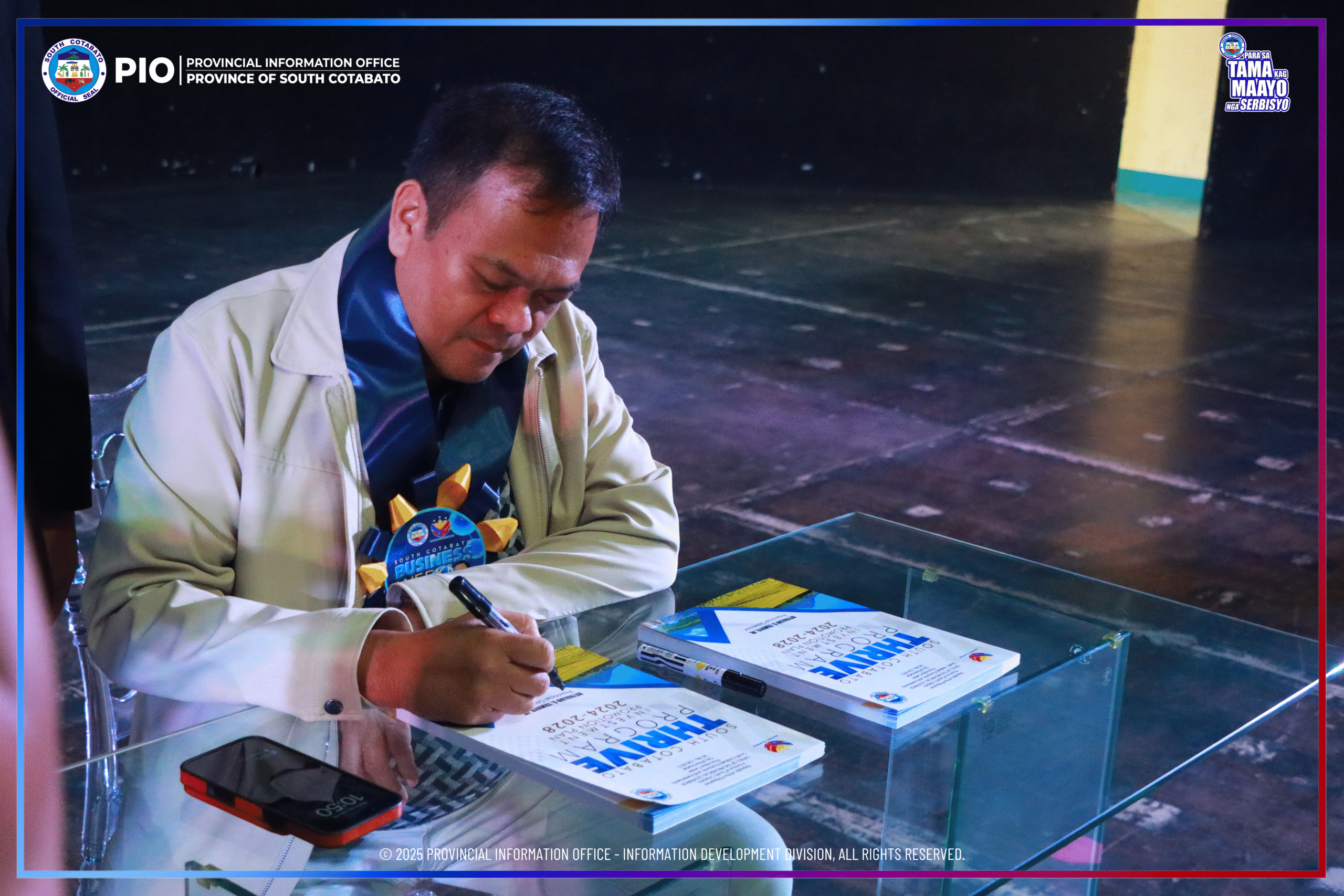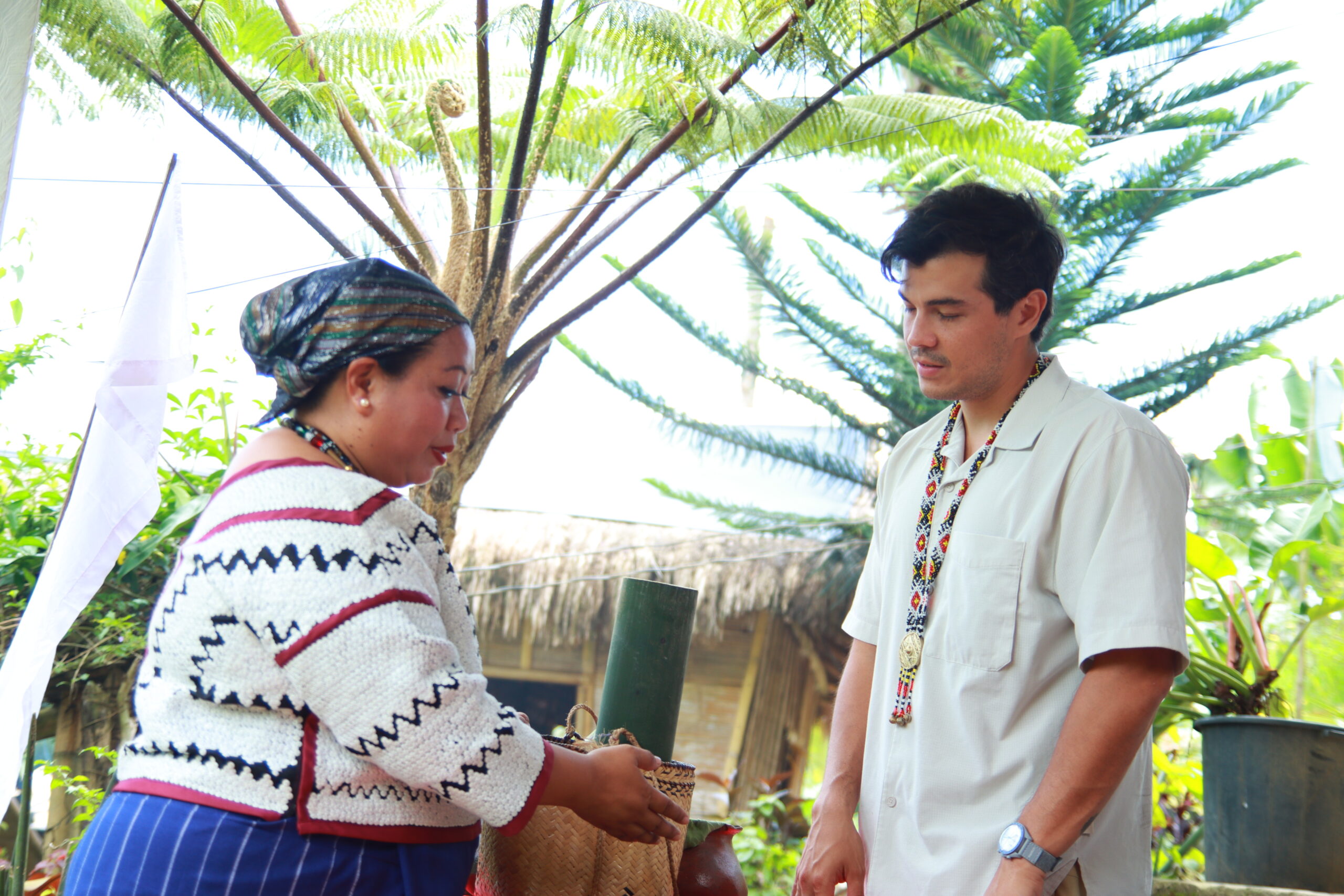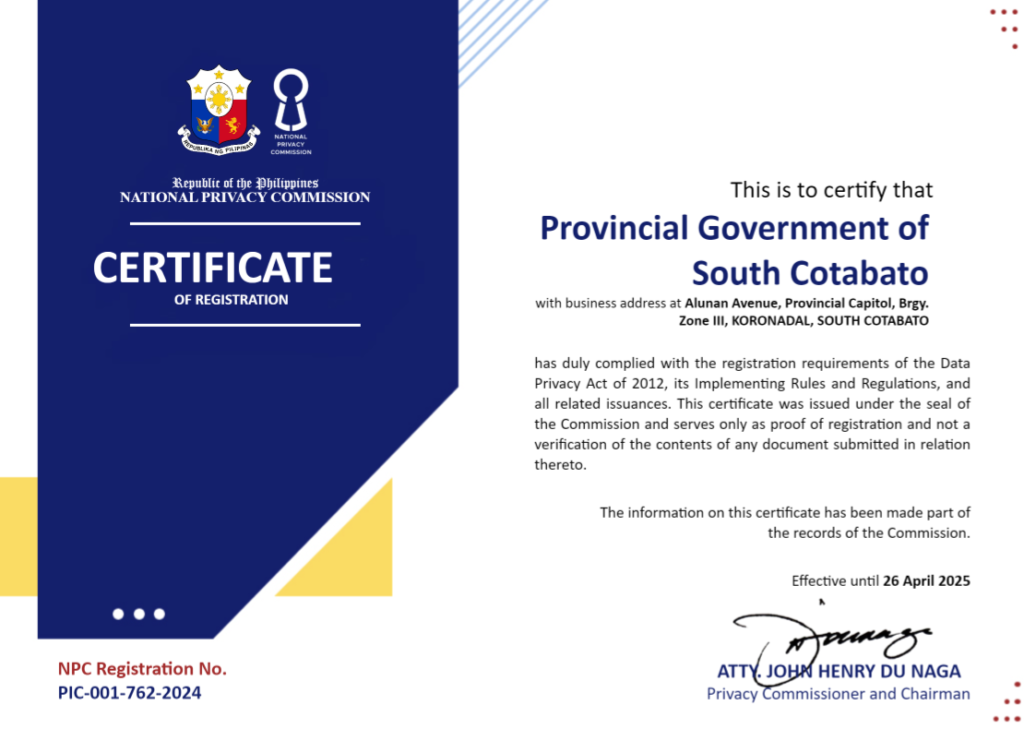Koronadal City—South Cotabato health officials warned the public about the presence of four virus strain in the province after the Department of Health confirmed in an assessment conducted last 2016 during a similar outbreak occurred, Disease Surveillance Officer Celio Lorenzo stressed out.
“During a random sampling in 2016 dengue outbreak, the experts discovered that we have more dengue cases with strain 1 virus, but they confirmed that other virus strains were also present in South Cotabato,” Lorenzo said.
Dr. Alah Baby Vingno, Assistant Provincial Health Officer, said the province lack equipment that would determine the strain of the virus.
“As of now, we submit cases to Metro Manila for a confirmatory test,” Vingno said.
As of press time, PESU reported 21 deaths. The disease surveillance team captured 3347 cases of dengue since January, 149 percent higher compared to the same period last year.
“Most of our deaths are adults,” Lorenzo.
South Cotabato declared a state of calamity because of the increase of dengue cases during a Sangguniang Panlalawigan session held Friday.
Towns of Suralah, Banga, Norala, Tantangan, and Sto.Niño have already declared its state of calamity.
The area with the highest reported cases is from Koronadal.
Dr. Rogelio Aturdido, Provincial Health Officer, said climate change becomes a major reason for the sudden surge of cases in South Cotabato.
“The unexpected temperature is a chance for mosquito eggs to hatch in a shorter period,” Aturdido said, causing more vectors to form outbreaks.
Aturdido asked the public to inform the barangay officials even when there is one case of dengue in the neighborhood.
“This will warn others about the spread of the virus,” he added.
Epidemiology Bureau defined clustering of cases as three or more cases in a barangay in four consecutive weeks.








